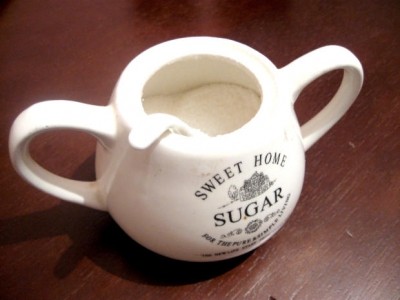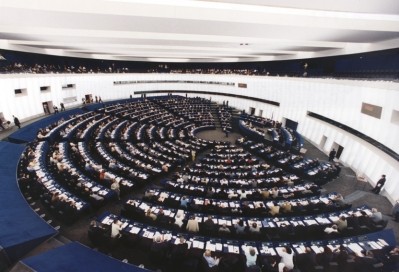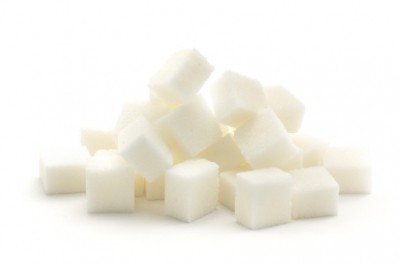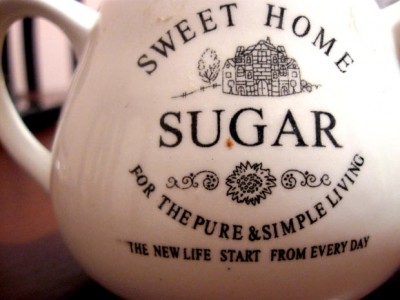Think tank slams EU sugar regime
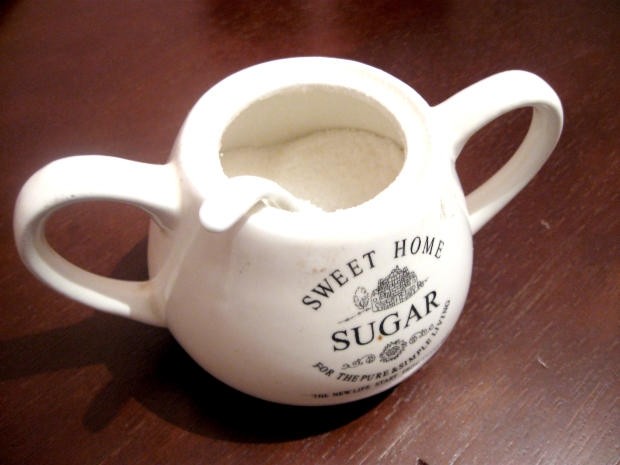
The Institut Choiseul, a French non-profit research organization, has produced a strategic paper titled ‘The future of the European sugar sector’ written by its president Pascal Lorot, which calls for the quota system in the Common Agricultural Policy (CAP) to be abolished.
The EU has had a production quota on sugar beet averaging 13.3m metric ton (MT) per anum since 2010 that the report argues has failed to keep pace with demand from food and drink manufacturers that require over 16m MT of sugar per year.
The report said that the quota system had “hugely destabilized the market and created risks of shortages, which were previously non-existent”.
SMEs
“For small and medium-sized companies whose margins and cash flow are low, it is a harsh blow,” it continued.
SMEs have struggled to compete with spiralling sugar prices that rose from €470 per MT in summer 2011 to €720 per MT at the start of December 2012, said the report.
It said that raw commodities represented between 50 and 80% of production costs for confectioners, who also had to contend with rising cocoa prices.
Oligopoly
The report argued that while SMEs were struggling with high input costs, sugar producers were enjoying an “oligopoly position”; raking in profits and consolidating their market position while investing abroad.
According to the Institut Choiseul, 75% of EU sugar production is produced by just six companies and in France three companies – Sudzucker, Tereos and Cristal Union - hold 95% of the market.
“This new balance unmistakably amounts to an oligopoly situation, consolidated by the community regulatory barriers to competition,” it said.
The report added that these companies were also looking outside the EU with producers such as Tereos “winning on two fronts” by benefitting from the 2006 CAP reforms and scaling up in countries outside the EU like Brazil.
“Why would we want to strengthen a dominant player, in good financial health, at the risk of weakening a food industry squeezed between the successive increases in raw commodity prices and the pressure of the large supermarkets?,” the report asked.
Higher economic benefit in food
The organization said that France and Germany had sided with sugar producers, primarily because the countries control a combined 53% share of the internal EU sugar market.
It said that while sugar production was important to national economies, the food industry was of “greater importance in the French economy”.
Over 50,000 jobs in sugar-based food processing in France and 35,000 in sugar production - Institut Choiseul
“If it is customary to say that France is the country of cheeses, it is also that of confectionery, of which there are 600 regional specialities often produced by a few independent SMES or artisanal structures,” it said.
According to the report, employees in the confectionery industry alone amount to 21,200 in France. Coupled together with biscuit, ice cream, soda and jam makers, the number of French workers producing sugar-based foods amounts to over 50,000, compared to 35,000 working in the French sugar sector.
Abolish quotas, says report
The report has called for production quotas to be abolished, but warned that even if they were, high customs tariffs would not disappear overnight.
In 2011, the Commission said that it supported abolishing quotas at the earliest opportunity in 2015. However, the Agricultural Committee of the European Parliament recently voted to extend quotas until 2020. The decision is not final and a vote will be made at a plenary session in Parliament in March. A final decision must be made by June.
